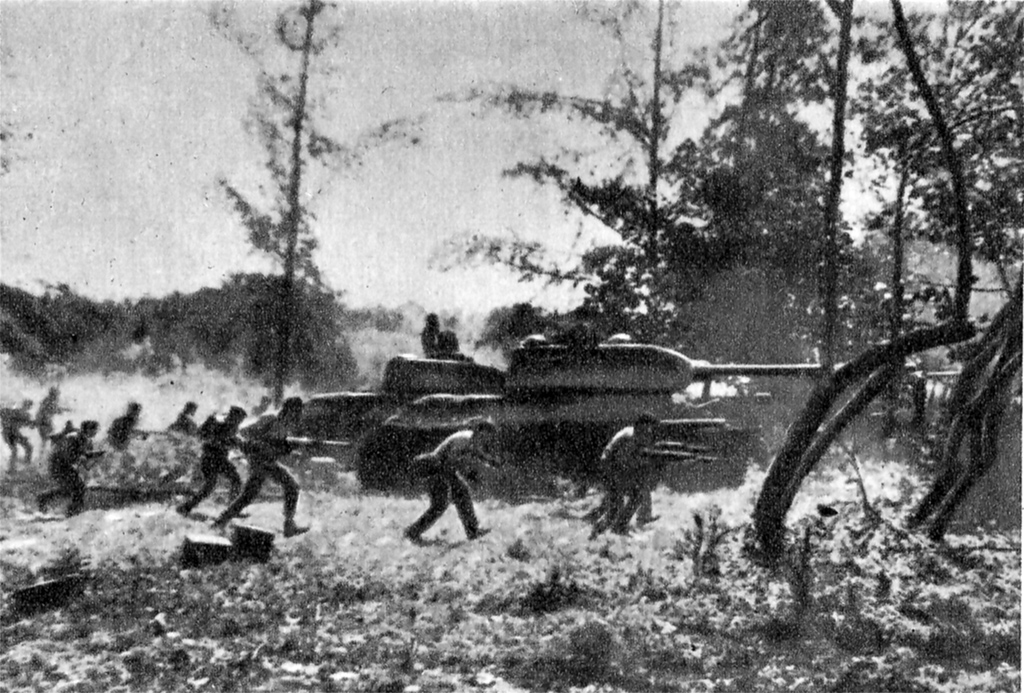Share this article with your network of friends!
For seniors who lived through the early 1960s, the Bay of Pigs invasion remains a momentous and consequential chapter in American history. This ill-fated military operation, launched by the United States in an attempt to overthrow Fidel Castro’s Cuban government, resulted in a resounding failure with far-reaching implications. In this article, we revisit the Bay of Pigs, examining its origins, execution, and enduring impact on U.S.-Cuban relations.
Origins and Context
The Bay of Pigs invasion was hatched during the height of the Cold War, a period marked by intense geopolitical tensions between the United States and the Soviet Union. In January 1959, Fidel Castro came to power in Cuba following a successful revolution, and his socialist government quickly garnered Soviet support.
This alignment with the Soviet Union raised concerns in the United States, especially given Cuba’s geographical proximity to U.S. shores. The Eisenhower administration initiated a covert plan to train and equip Cuban exiles to mount an invasion with the goal of toppling Castro’s government and rolling back the spread of communism.
The Invasion
On April 17, 1961, the Bay of Pigs invasion was set into motion. Approximately 1,400 Cuban exiles, known as Brigade 2506, landed at the Bay of Pigs on the southern coast of Cuba. The hope was that this force, backed by U.S. air support, would incite a popular uprising against Castro’s government.
However, the invasion quickly unraveled. The element of surprise was lost, and the Cuban military was prepared to defend against the attack. The exiles faced fierce resistance and lacked the necessary support to sustain their offensive. The failure of the invasion became evident within a few days, as the exiles were overwhelmed and forced to surrender.
Consequences and Impact
The Bay of Pigs invasion was a major setback for the United States and became a source of embarrassment for the Kennedy administration, which had inherited the plan from its predecessor. The failure of the operation exposed flaws in U.S. intelligence and miscalculations in military strategy. Moreover, it bolstered Castro’s standing and cemented his alliance with the Soviet Union, further entrenching Cuba as a communist state in the Western Hemisphere.
The aftermath of the Bay of Pigs invasion had far-reaching consequences. It solidified anti-American sentiment in Cuba and intensified Cold War tensions. Cuba’s alliance with the Soviet Union led to the Cuban Missile Crisis in 1962, a harrowing period of nuclear brinkmanship that brought the world to the brink of catastrophe.
Legacy and Lessons
The Bay of Pigs invasion remains a cautionary tale in American foreign policy. It demonstrated the risks of covert interventions and the potential for unintended consequences. The invasion also highlighted the importance of accurately assessing the political and military dynamics of a foreign country before undertaking such actions.
The failure of the Bay of Pigs invasion left a lasting impact on U.S.-Cuban relations, as diplomatic ties were severed and a longstanding embargo was imposed on Cuba. The Cuban government’s narrative of resistance against U.S. aggression and imperialism solidified its grip on power, setting the stage for a tumultuous relationship between the two nations that would last for decades.
Conclusion
As seniors who lived through the Bay of Pigs invasion, you witnessed a pivotal moment in American history—a moment that shaped U.S. foreign policy and the course of events in the Cold War era. The Bay of Pigs serves as a reminder of the complexities and risks of international interventions and the enduring impact of geopolitical decisions.
As we reflect on this historic event, may we remember the lessons it offers—the importance of prudence, diplomacy, and understanding the potential consequences of our actions. The Bay of Pigs stands as a cautionary tale that continues to resonate, reminding us of the vital need for careful and thoughtful decision-making in the realm of international relations.
DISCLAIMER: This website contains articles for informational and entertainment purposes only. No articles on this website should be considered as professional advice for any medical, legal, or financial matter. Advertisements and content may contain affiliate links, where the website earns a commission for sales derived from our users.





